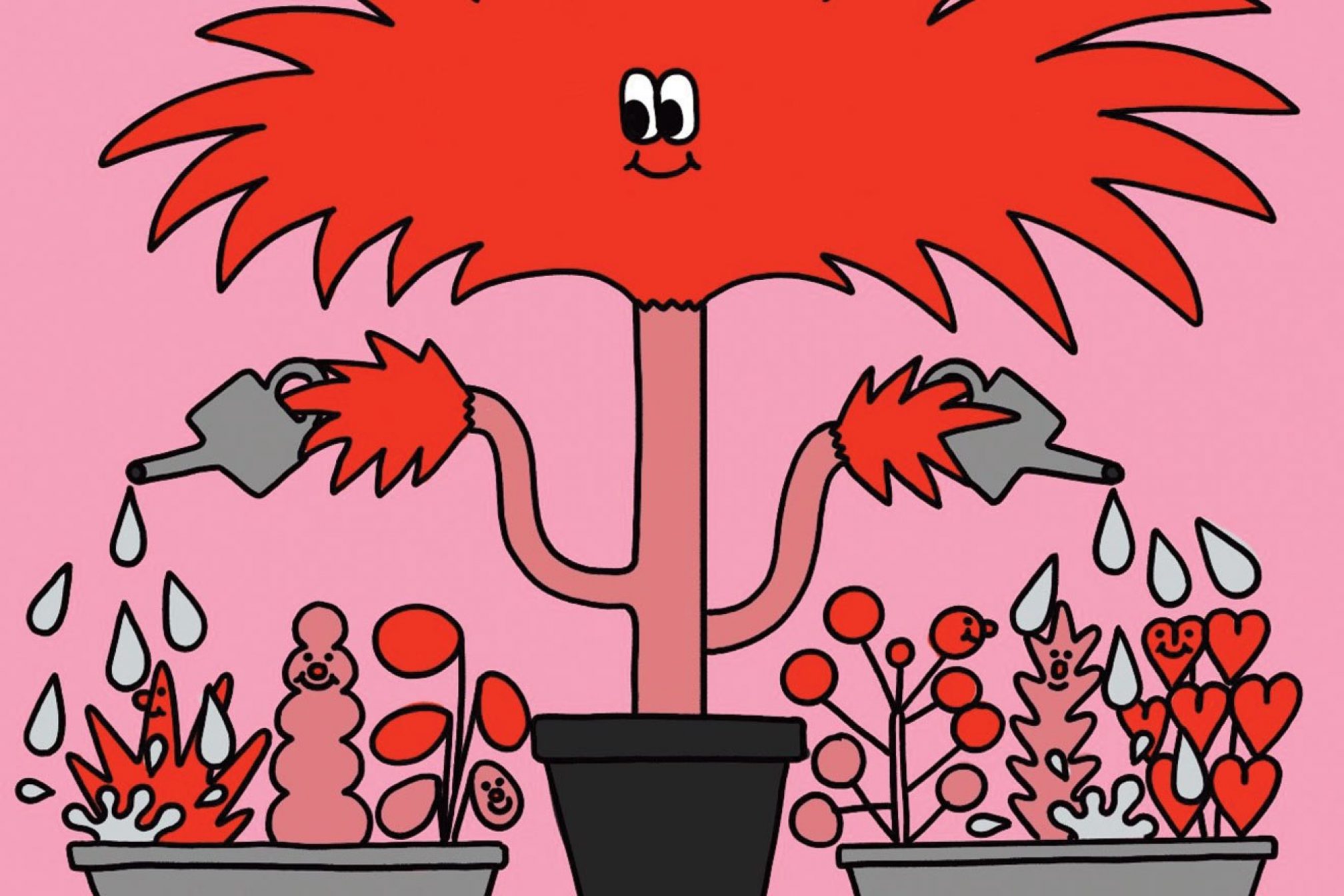 Comment
Comment
Festivals that support their local scenes ensure that the global scene thrives
Festivals have as much responsibility as anyone else
From Russia to Uganda, it’s countries further away from the traditional cultural centres of electronic music that are making waves right now. One attraction of these locations is an undeniable feeling of newness that’s missing on the usual dancefloors, which have been stamped on by the same feet over and over again. Musically and culturally, though, not all the new kids on the block can boast the same originality – and without investing in developing homegrown talent their novelty is bound to decay.
Would a Londoner or Berliner travel across the globe to see a famous DJ who plays at a club down the road at least twice a year? It’s unlikely, right? So why do so many international festivals keep inviting them? Granted, it’s an attraction for the local crowd that doesn’t necessarily get to see the big acts as often – if ever. I talked to a clubber in St Petersburg who says that he only goes out when there’s a foreigner on the bill. “Ours can be quite basic,” another tells me. While accurate in some cases, plenty of local acts could have become known worldwide if they only lived where there’s a system of support in place.
Ugandan festival Nyege Nyege has become known for spotlighting artists from East Africa, as well as having a record label to showcase them. The festival works to make the scene sustainable and offers live-in studios for artists, providing equipment that is hard to come by in the region. New festival Urvakan in Armenia, which is organised by a Moscow-based promoter of Armenian descent, books an extraordinary number of Russian and Armenian acts with a palpable focus on blending Russia’s influence (ie its Soviet past) with music from the Middle East. Similarly, Brave! Factory festival in Ukraine puts most of its eggs in the local acts’ baskets – especially so in 2019 – creating a stellar event without having to bid on the worldwide stars.
Read this next: Russia's GAMMA Festival: An experimental showcase where dance music is still misunderstood
Russia’s GAMMA festival is another that shows promise in this direction. Even though having a line-up of headliners with all your regular staples of techno, the festival makes a lot of room for local acts. I’ve discovered a rich local experimental scene with its help; ambient artist Symphocat has since become one of my favourite discoveries.
Professional development opportunities are becoming more common at such gatherings, but are often overlooked. That’s understandable – the vast majority of people who attend festivals do so for entertainment. But any scene is an ecosphere, in which artists, managers, booking agents, promoters and even journalists work together to bring the music to as many people as possible. What’s the point of an expensive and energy-consuming event like a music festival if it’s just for one weekend? Such events should create fruitful connections and build better-functioning structures on a local level to help overcome the challenges of the scene on a global scale. This year, GAMMA organised a professional conference and ‘speed-dating’ session where 12 local artists were able to present their work to art organisations from around the world. That kind of cross-pollination means the legacy of the festival can spread beyond its physical boundaries, well after the lights go up.
There aren’t many that do a better job in doing so than Unsound in Poland. A seasoned festival of 16 years, it has always been proactive in its region, from an Eastern European tour in 2007 to the Dislocation series that took off in 2016 and helped launch the career of Kazakh DJ and promoter Nazira. This year, the festival takes it one step further with Unsound Lab, a two-day workshop aimed at artist managers from Poland, Central and Eastern Europe. Its purpose is to empower the budding locals and provide the tools necessary to propel homegrown artists forwards – something the festival has been good at throughout its existence.
Read this next: The New East: Kazakhstan's underground is on the map
Many people who live in less advantageous countries (or those that are perceived as such) often automatically equate ‘overseas’ with ‘better’. Unsound’s programming challenges that, combining foreign with local acts in the unified global line-ups. But elsewhere, Dekmantel – undeniably one of the pillars of the current festival movement, famed for its programming and positive example – faced criticism for putting down South American roots with a festival in São Paulo and subsequently not booking any Latin American acts for its flagship Amsterdam event. In response, Dekmantel organisers accepted "inviting Latin American artists at our European events is an essential part of the cultural exchange, and we need to do better in strengthening and enriching these exchanges." As a festival many try to replicate, it is imperative to do better – and the same goes for many others ignoring the fact that the scene’s existing talent pool lacks geographical diversity.
As Eris Drew succinctly put it, “local scenes are the scene”. We should nurture local talent worldwide and build up the infrastructure for it to grow on its own in order to keep the whole scene exciting. And festivals have as much responsibility as anything else for that.
Maria Ustimenko is a freelance writer, follow her on Twitter
Tiago Majuelos is an illustrator and animator, follow him on Instagram
Read this next: Get the best of Mixmag direct to your Facebook DMs



